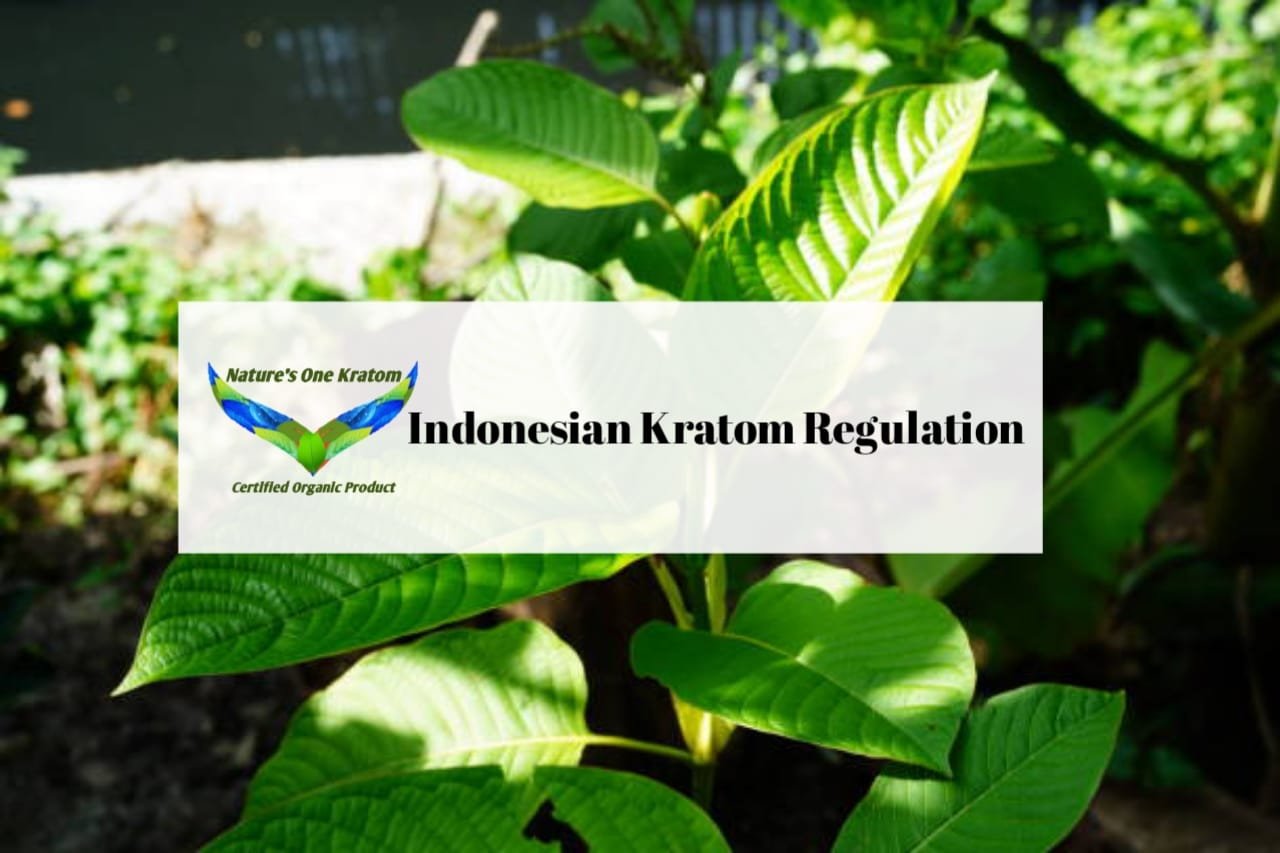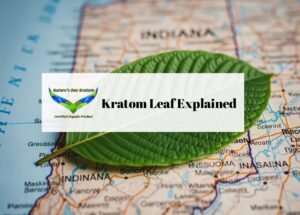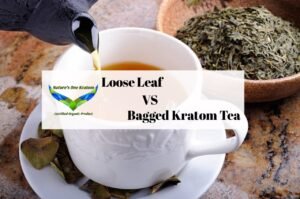
Indonesian Kratom Regulation
Hey there! Exciting news from Indonesia: they’ve recently put a stop to kratom exports, marking a big change in an industry that has been growing super fast!
This article dives into what this ban means for everyone involved, from local farmers to exporters, and how it impacts the market as a whole.
As everyone adjusts to these new rules, it’s important to understand how this will affect the economy and the environment in the long run.
New Regulations and Their Implications
Overview of the New Regulations
The Indonesian government has rolled out new regulations for kratom exports, aiming to boost value and clear up any legal uncertainties.
These updates are detailed in Minister of Trade Regulations Numbers 20 and 21 of 2024, focusing on quality standards and ensuring the plant is used responsibly.
Key Changes in Export Standards
Here are some important updates regarding export standards:
- Microbiological Contamination: Kratom must be free from harmful bacteria.
- Heavy Metals: Exported kratom shouldn’t contain heavy metals.
- Product Form: Only kratom powder is allowed for export leaves and coarse crumbs are not allowed.
| Requirement | Description |
|---|---|
| Registered Exporter (ET) | Exporters must be officially registered. |
| Export Approval (PE) | Formal approval is needed for exports. |
| Surveyor Report (LS) | A report verifying quality and quantity is required. |
Impact on Exporters and Compliance Requirements
Exporters need to follow these new regulations to keep their businesses running smoothly. This means investing in some quality control measures to meet the new standards.
If they don’t comply, they might face penalties or even lose their export privileges. The aim of these changes is to elevate the economic value of kratom while keeping consumers safe and happy.
Economic Impact of the Kratom Export Ban
Effect on Local Farmers and Communities
The kratom export ban is a big deal for local farmers and communities, many of whom rely on kratom as a cash crop. The ban poses a threat to their livelihoods, and here’s how:
- Loss of Income: Farmers might see a drop in income as demand decreases.
- Job Losses: Many jobs tied to kratom farming and processing could disappear.
- Community Decline: Local economies that depend on kratom sales might take a hit.
Potential for Market Shifts
The ban may bring about some shifts in the kratom market, such as:
- Increased Local Use: Farmers might start using kratom for personal use instead of for export.
- Diversification: Farmers might explore other crops to offset their losses.
- Black Market Growth: There’s a chance that an illegal kratom trade could pop up as demand remains high.
Industry Response to the Ban
The kratom export ban has sparked various reactions among industry players. Some see it as a necessary move to ensure quality and safety in kratom products.
Farmers and exporters are now turning their focus to compliance with the new regulations to stay competitive. However, this might mean that only a handful of exporters will successfully navigate the new rules.
This could lead to higher prices and potential challenges for consumers. As the market shifts, it’s crucial for everyone involved to stay updated and adjust to these changes.
Adaptation Strategies by Exporters
To cope with the ban, exporters are exploring various strategies:
- Improving Quality Control: Many are investing in enhanced quality assurance procedures to meet international expectations.
- Diversifying Products: Some are looking into new offerings, like kratom capsules and extracts, to attract different markets.
- Building Partnerships: Collaborating with international companies to improve market access and share best practices is becoming common.
Future Prospects for the Industry
Even with the challenges posed by the ban, there’s a reason to be hopeful about the future of the kratom industry! Focusing on quality and safety could pave the way for a more sustainable market.
As things evolve, there’s potential for growth, especially in regions that appreciate high-quality kratom products like Green Borneo.
Quality Control and Safety Measures
Ensuring Compliance with International Standards
To provide top-notch kratom products, exporters need to meet strict international standards, which include:
- Microbiological Testing: Ensuring products are free from harmful bacteria.
- Heavy Metal Screening: Regular checks for contaminants.
- Third-Party Lab Testing: Testing all batches in reputable labs to ensure safety and purity.
Challenges in Maintaining Product Quality
Despite the new regulations, several challenges remain:
- Cost of Compliance: Many small farmers find it tough to afford the necessary testing and certifications.
- Access to Resources: Limited access to quality testing facilities can make compliance difficult.
- Market Pressure: High demand for kratom can lead to corners being cut in quality assurance.
Role of Government and Private Sector
The government and private sector are both key players in ensuring quality control:
- Government Regulations: New laws require exporters to meet specific quality standards.
- Private Sector Initiative: Nature’s One Kratom is dedicated to quality assurance by conducting thorough laboratory testing on all of their products, ensuring customers receive safe, high-quality kratom.
Legal and Regulatory Landscape
Domestic vs. International Regulations
The kratom industry is currently navigating a complex landscape of regulations. Indonesia’s new laws are aimed at regulating kratom exports to enhance product quality and ensure compliance with international standards. This shift is vital as it helps legitimize the industry and improve the global marketability of Indonesian kratom.
Legal Challenges Faced by Exporters
Exporters are grappling with various legal challenges, including:
- Registration Requirements: Exporters must get officially registered to operate legally.
- Approval Processes: Getting export approval is essential, which can take time.
- Quality Verification: A surveyor’s report is necessary to confirm the quality and quantity of kratom being exported.
Future Legal Developments and Predictions
As the kratom market continues to evolve, stakeholders anticipate several potential developments:
- Increased Scrutiny: Regulatory bodies may tighten controls to ensure safety and quality.
- Potential Legalization: The possibility of kratom being legalized for domestic use in Indonesia could transform the landscape significantly.
- Global Harmonization: Efforts may be made to align regulations across countries, making trade smoother.
Sustainability and Environmental Concerns
Impact of Harvesting Practices
The way kratom is harvested has a big impact on the environment. Practicing sustainable methods is key to ensuring the kratom plant continues to thrive. Here are some important points to keep in mind:
- Soil Health: Sustainable farming helps maintain soil quality, which prevents erosion.
- Biodiversity: Responsible harvesting protects local wildlife and plant species.
- Community Benefits: Sustainable practices can lead to better economic outcomes for local farmers.
Sustainable Farming Initiatives
There are a number of initiatives underway to promote sustainable kratom farming:
- Organic Farming: Encouraging farmers to use organic methods reduces the need for chemicals.
- Agroforestry: Integrating kratom with other crops can enhance biodiversity and improve soil health.
- Education Programs: Providing training to farmers on sustainable practices can help boost their yields and income.
Balancing Economic and Environmental Interests
It’s important to strike a balance between economic growth and environmental protection. The kratom industry can:
- Generate income for local communities.
- Ensure the long-term health of the kratom plant.
- Promote responsible consumption among users.
Sustainable kratom farming benefits not only the environment but also supports local economies, ensuring that communities thrive while taking care of their natural resources.
Conclusion
To wrap it up, the new rules for kratom exports in Indonesia are a huge step forward for the country. By emphasizing quality and establishing clear laws, the government aims to enhance the value and safety of kratom trade. This change is about protecting the plant and also bolstering the economy by creating jobs and supporting local communities. As the industry adjusts to these new regulations, it’ll be fascinating to see how it impacts local farmers and international markets!
Source of pemerintah-resmi-mengatur-tata-niaga-ekspor-kratom, ANTARA News.








2 comments
Pingback:
Global Kratom Trade: Markets, Laws & Export Outlook 2025 - Nature's One Kratom : Indonesia Kratom SupplierPingback:
Why Nature’s One Kratom is Your Trusted Indonesia Kratom Supplier? - Nature's One Kratom : Indonesia Kratom Supplier